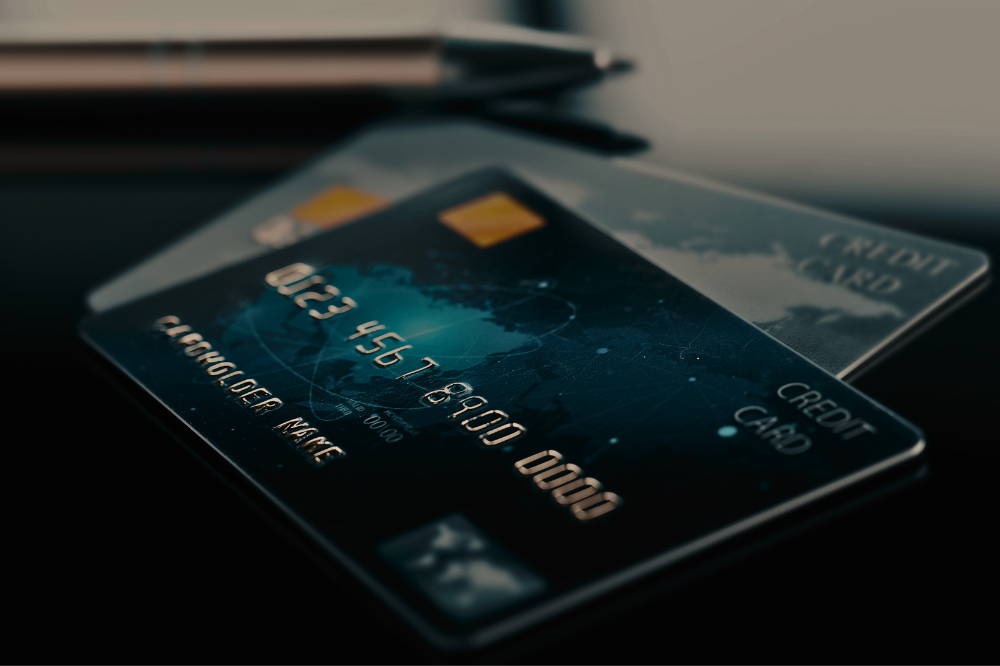Find everything you need to know about Zero Liability Protection, a security offer to cardholders!
Did you know that many credit cards provide you something called zero liability protection, which can be a powerful safeguard, especially with nowadays digital age and rising credit fraud! But do you know exactly what it is?
Well, that’s what we are going to talk about! Get to know what it is and how it works, so you know how to stay safe when using your card! Also, if you want to check out more financial tips on our website, you can click on this link!
What Is Zero Liability Protection?
It is a policy offered by credit card companies that shields cardholders from financial responsibility for unauthorized charges made on their accounts. In simpler terms, if someone uses your credit card without your permission and makes fraudulent purchases, zero liability protection ensures you won’t be held liable for those charges. However, if you authorize a transaction – for example, giving your card details to a seemingly legitimate online store that later turns out to be fraudulent -, you’ll likely be responsible for the charges.
How Do Zero Liability Policies Work?
Upon notification, your card issuer will typically initiate an investigation to determine the legitimacy of the charges. During this investigation, you’ll likely be issued a temporary credit to your account, essentially reversing the fraudulent charges while the investigation proceeds.
The outcome of the investigation will determine whether you’re ultimately responsible for the unauthorized charges. If the investigation confirms fraud, zero liability protection kicks in, and you won’t be held liable. Your card issuer will permanently remove the fraudulent charges from your account.
What’s the Difference Between Zero Liability Protection for Credit and Debit Cards?
While both have zero liability protection, there’s a key difference. Generally, debit cards offer less protection and you might still be responsible for a certain amount of unauthorized charges depending on how quickly you report the fraudulent activity.
For instance, if you report a lost or stolen debit card within two business days of the fraud, your liability might be limited to $50. However, if you wait longer than 60 days to report the loss, all your money in that account and linked accounts could be vulnerable.
CHECK OUT VISA’S ZERO LIABILITY POLICY
CHECK OUT MASTERCARD’S ZERO LIABILITY POLICY
How to Report Credit Card Fraud
- Contact Your Card Issuer: notify your credit card company as soon as possible. Most issuers offer 24/7 customer service hotlines dedicated to reporting fraud;
- Provide Details: when reporting the fraud, be prepared to give your card issuer relevant details, such as the nature of the fraudulent charges, the date and time the charges occurred, and any other pertinent information that might aid in their investigation;
- Cancel Your Card: request your card issuer to cancel your existing card and issue you a new one with a different account number. This will prevent further unauthorized charges.
How to Protect Yourself From Credit Card Fraud
- Be Wary of Sharing Your Card Details: avoid sharing your credit card information on unsecured websites or with untrustworthy merchants. When shopping online, ensure the website utilizes a secure connection (indicated by a padlock symbol in the address bar and a URL that begins with “https”);
- Monitor Online Accounts: enable strong passwords and multi-factor authentication for your online banking and credit card accounts. This adds an extra layer of security, making it more difficult for unauthorized individuals to access your financial information;
- Beware of Phishing Scams: phishing emails and text messages that appear to be from legitimate sources (like your bank or credit card company) are a common tactic used by fraudsters. Be cautious of clicking on suspicious links or attachments within these messages. Never provide your credit card details through such channels;
- Consider Fraud Alerts: many credit card issuers offer fraud alert options that notify you via email or text message whenever suspicious activity is detected on your account. This allows you to take immediate action if unauthorized charges occur;
- Review Your Statements Regularly: develop the habit of looking into your credit card statements regularly. This vigilance will enable you to detect fraudulent charges promptly, minimizing the potential damage.

